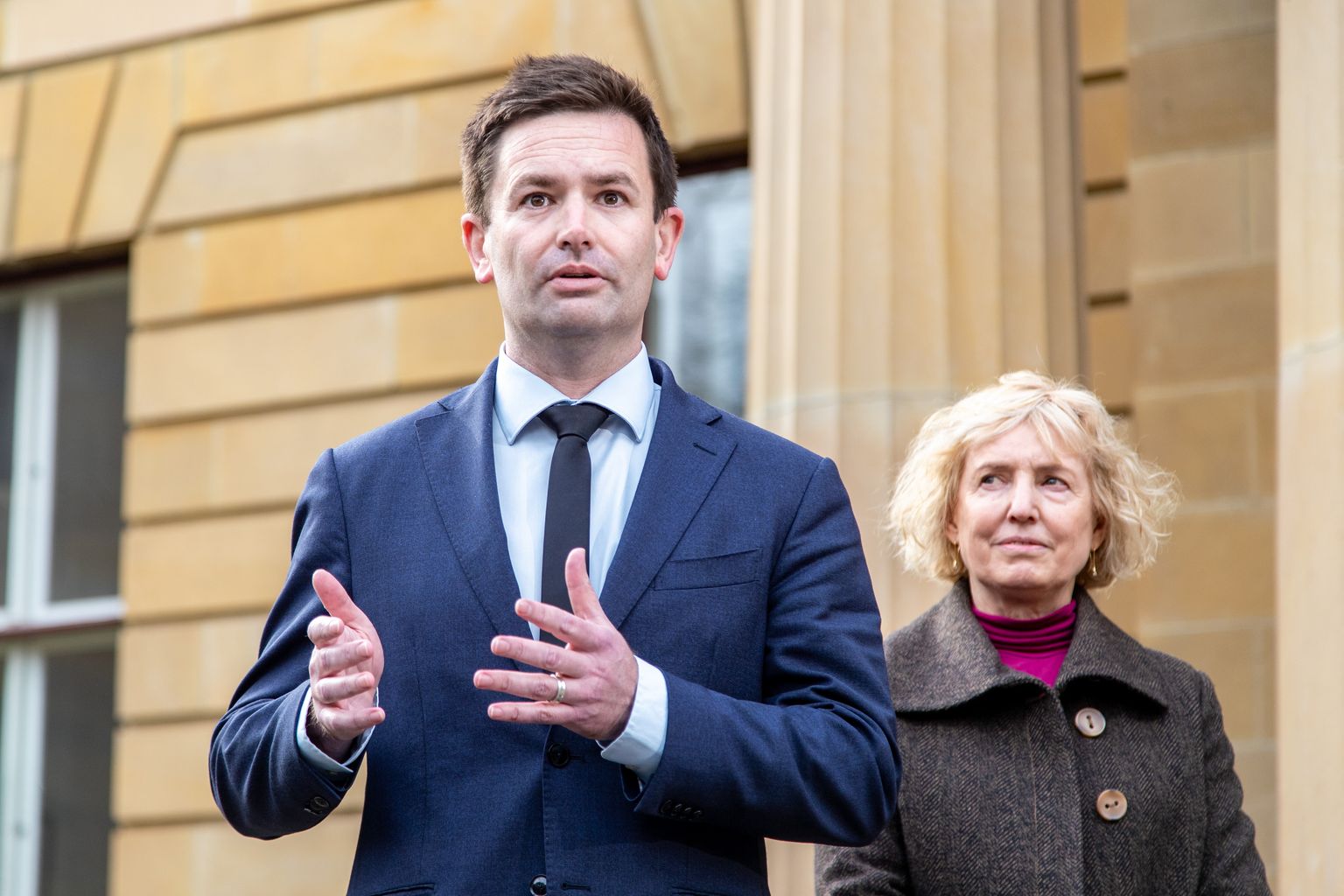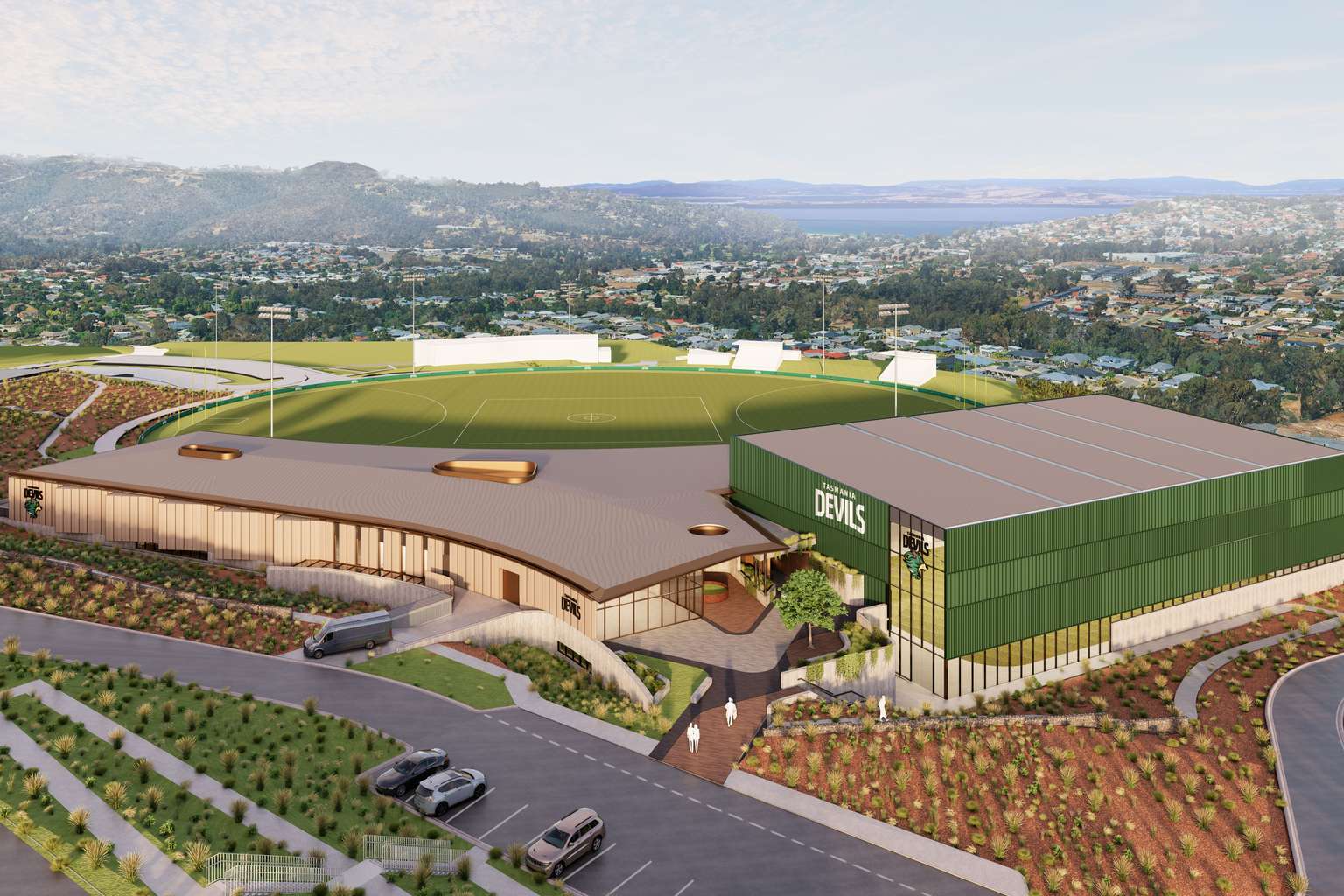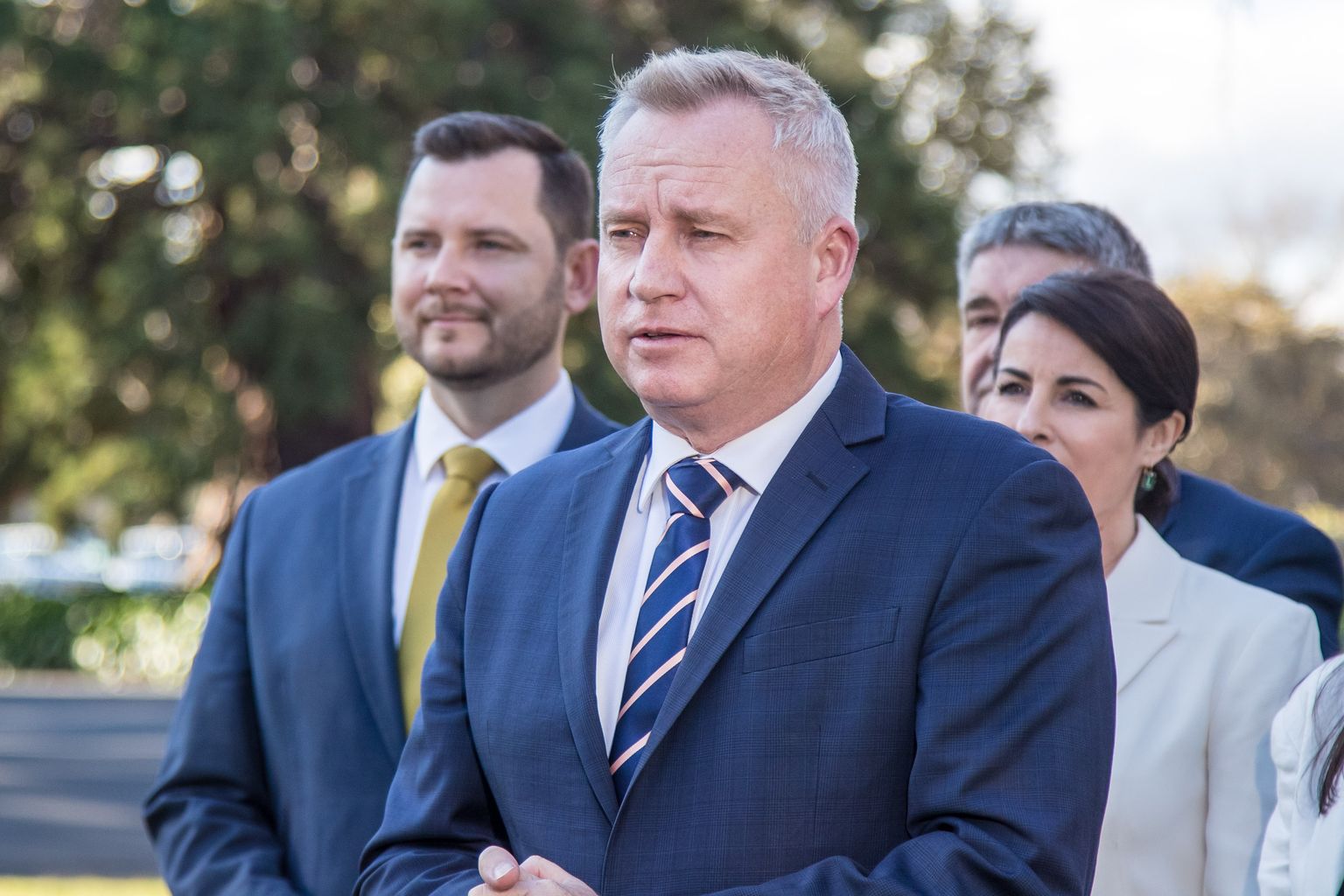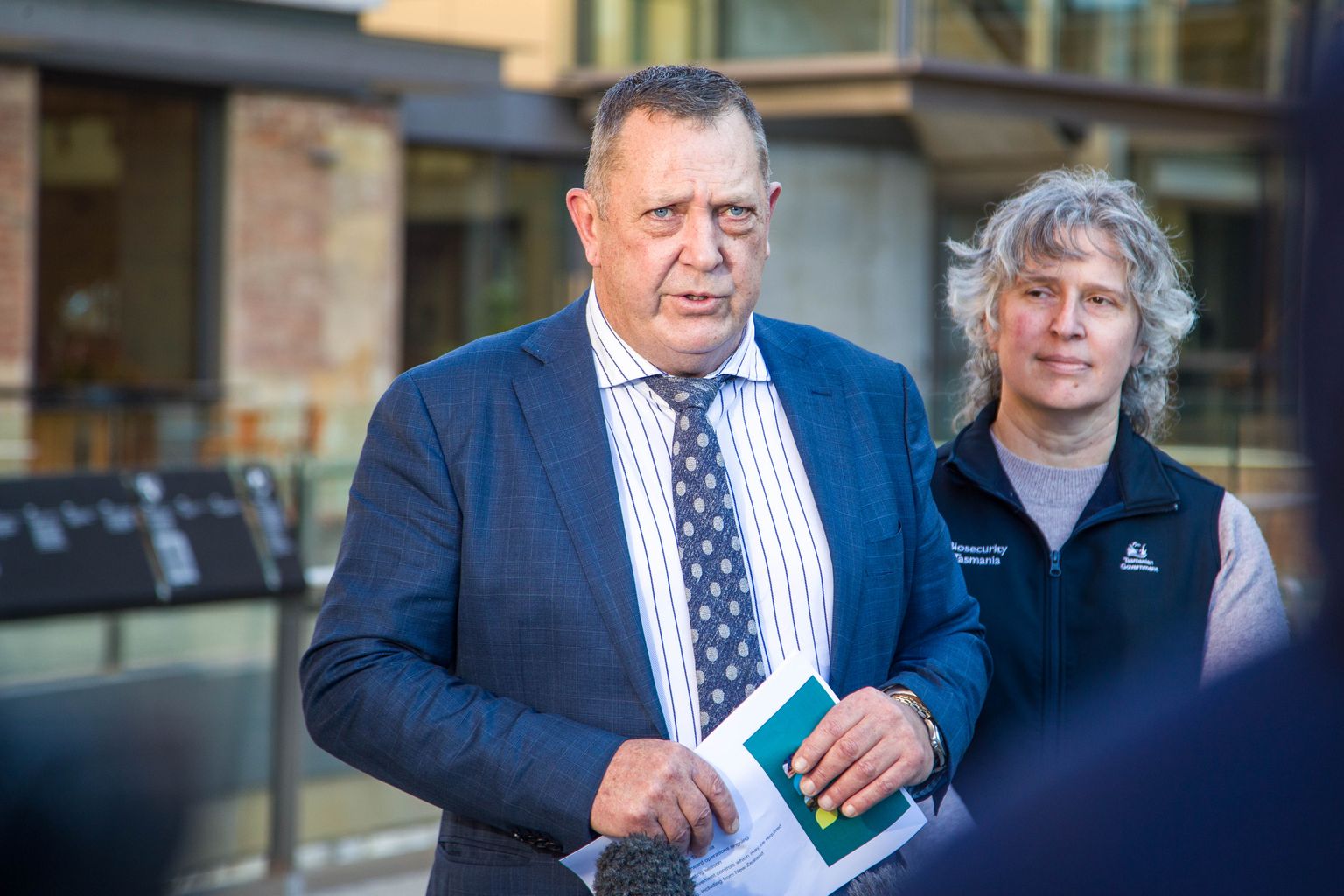Tasmania’s peak farming body has unveiled an ambitious policy platform calling for major reforms across 12 key areas, as the state’s agriculture sector aims to reach $10 billion in farmgate value by 2050.
TasFarmers is urging all political parties to commit to long-term, strategic policies – moving beyond “pork-barrelling” in favour of real support for agricultural growth.
Among its proposals, the organisation wants local government rates for primary production land halved from 4% to 2% and council rates standardised across the state.
TasFarmers CEO Nathan Calman said members were clear about what they need to grow the industry sustainably.

“Our members are telling us they want to see strategic policy adopted in a bipartisan fashion that will make it easier for primary producers to do business,” Calman said.
The plan seeks $200,000 for feasibility studies into expanded red meat and vegetable processing, noting that around half of Tasmania’s prime lamb is currently exported interstate for processing.

Wildlife management is also high on the agenda, with calls to classify fallow deer as vermin outside designated hunting zones.
The organisation estimates uncontrolled deer grazing costs Tasmanian farmers about $75 million each year in lost lamb production alone.
Other key asks include fast-tracking the Tranche Three Tamar Irrigation Scheme, legalising the use of suppressors for pest control and combining farm vehicle registration under a single ‘farm fleet’ category.
Workforce and freight are also in focus, with $500,000 sought for an AgCareers Coach program to tackle ongoing labour shortages and $300,000 to develop better freight strategies for the Bass Strait islands.

Calman said stable government was crucial for confidence after four elections in seven years.
“Business confidence is wavering and Tasmania needs a parliament, whether majority or minority, that is capable of working together and delivering on its promises,” he said.
TasFarmers will present the plan to all major parties and crossbenchers, asking for formal responses within two weeks.
It then plans to release a public scorecard rating each party’s alignment with the sector’s priorities.
“This is a hand-up, not a handout,” Calman said.
“Our industry is the backbone of the Tasmanian economy. We’re asking for a policy that strengthens that foundation so we can continue to grow.”







